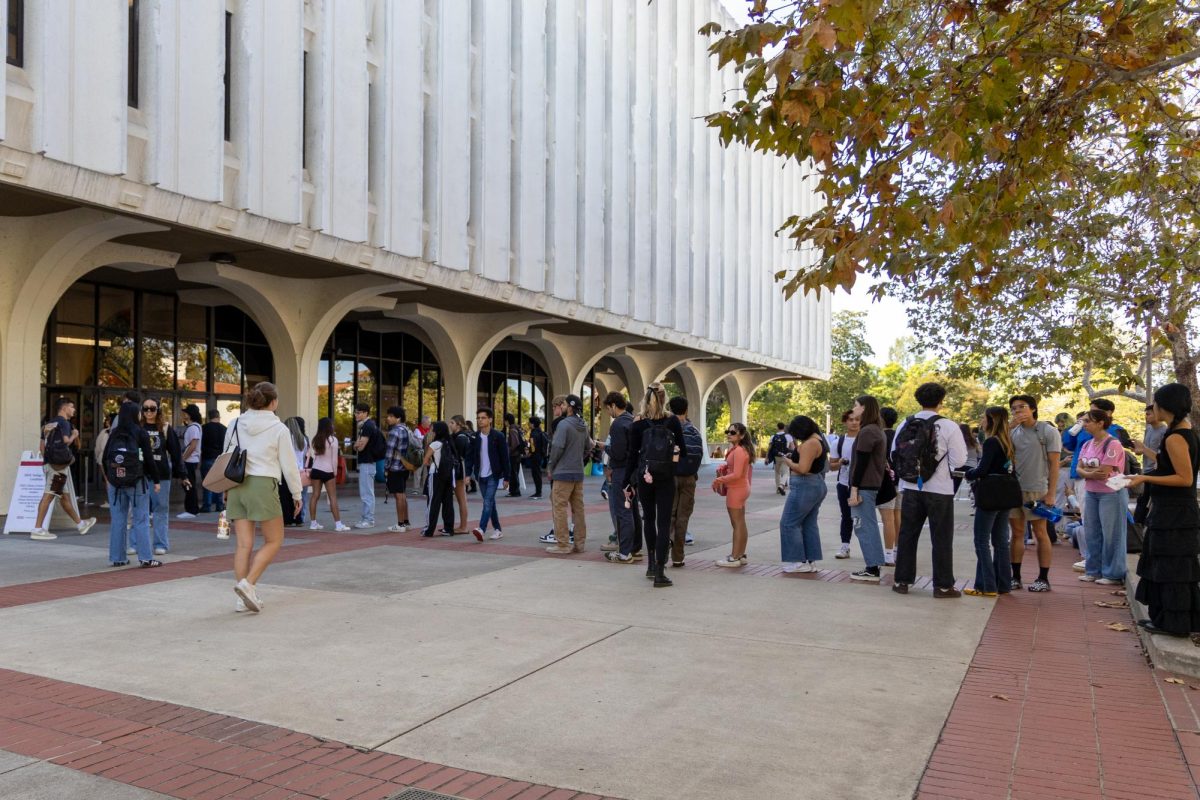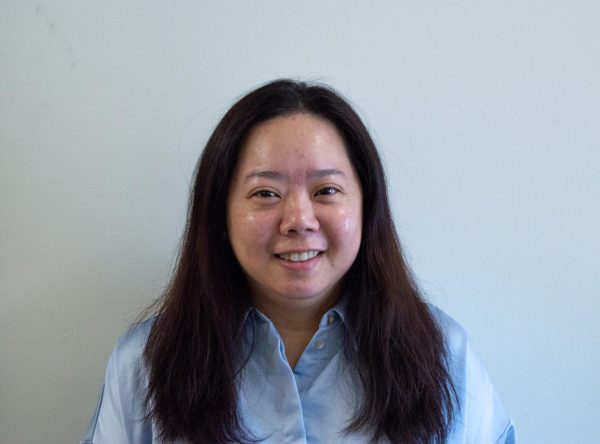When students showed up at San Diego State University’s campus on Nov. 5, they either went to class, voted or both.
Election Day is not a federal holiday, but 13 states observe it as such. Though California does not offer the day off, it is one of 24 states that offers paid time off to vote, allocating up to two hours to those without “sufficient time outside of working hours.”
However, college students in the state do not get the same privilege of having classes canceled.
Election days should be a day off for everyone, including college students, to have sufficient time off to exercise their civic duty. Until this happens, however, professors need to be understanding of students who choose to vote and the election stress they may be under.
Julian Perez, a third-year math major at SDSU, had to wait an hour and a half to fill out his ballot on campus.
Perez admitted he could have made use of that time doing homework or other obligations.
“I think having the day off would be huge because a lot of people put off voting because they don’t want to wait in line, they think it’s a big chunk out of their time,” Perez said. “So, I think it would incentivize people to go out and vote.”
Young voters from the ages of 18 to 24 have historically not shown up to the polls as much as their elders, according to The Henchinger Report. Though these numbers have gone up, there is still disparity. For the 2024 election, 42% of people aged 18-29 voted while the total turnout was 65%.
Not every young person is a college student, of course, and not every college student is young. However, college students are typically more involved in politics than those who are not, with 66% of them voting in 2020.
Luckily, students can avoid the lines by submitting an absentee ballot via mail or at their local dropbox. Rather than restrict voter access, California opted to expand voter access by adding ballot boxes following the controversy of the 2020 presidential election.
Nicole Benedicto, a 4th-year marketing student, took advantage of the option to vote via absentee and did not think a day off would make much of a difference.
“Overall, with how busy our lives are and our academic schedules, I don’t think that should get in the way of us being able to exercise our right,” Benedicto said. “But, there are absentee ballots. With the availability of absentee ballots, I feel like that should be our go-to.”
However, she witnessed the long lines at the polls and cited a need for flexibility.
“It’s your own responsibility to communicate with the professor if you need to miss a lecture to go and vote,” Benedicto said. “Especially with some of the lines that other people have been experiencing… I think there should be that kind of leniency on the behalf of the professors towards their students.”
Leniency and empathy, however, are hard to measure and difficult to enforce. Nov. 5 falls at the tail end of midterm season, and some students may have exams or other class obligations that they cannot miss.
According to a survey from Inside Higher Ed, when students were asked to pick three options from the question, “What voter education/support efforts by colleges would be most helpful to students, in your opinion?” canceling classes on election day received the largest share of votes, at 45%.
It is not just election day itself where students might need support. The days following an election where votes are being counted, or less than 24 hours later in this year’s case, can be extremely stressful for many.
Camille Valera, a fourth-year general business student, mentioned the stress she felt following the election results verified on Nov. 6.
“I didn’t think it mattered until today,” Valera said. “I am going to skip my classes.”
SDSU offered various resources for students struggling with their mental health throughout the election process, including Student Listening Sessions by the College of Education and a decompression session hosted by the Office of Graduate Life and Diversity.
However, in talks with classmates and professors, many described feelings of anxiety and an inability to focus in the days after the election.
Elections are big events with months of build-up and constant messages telling you to “go vote.” Americans are still expected to go to work, go to school, and live their lives like normal on election days and the days after. We want our students to be engaged with their community and politics, so we should give them the day off, or at least proper support, to focus on doing just that.









